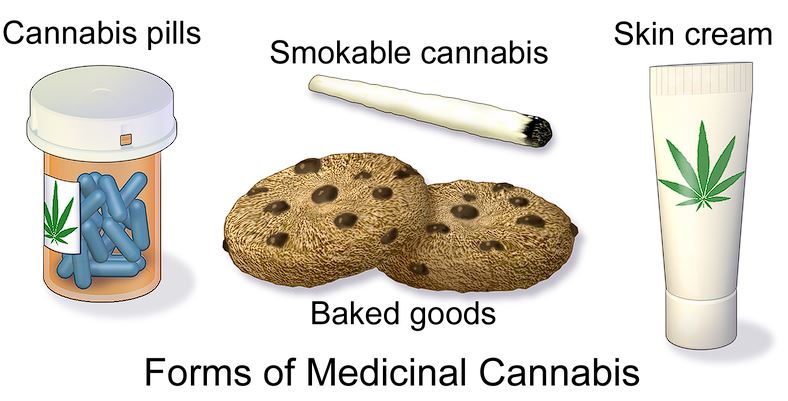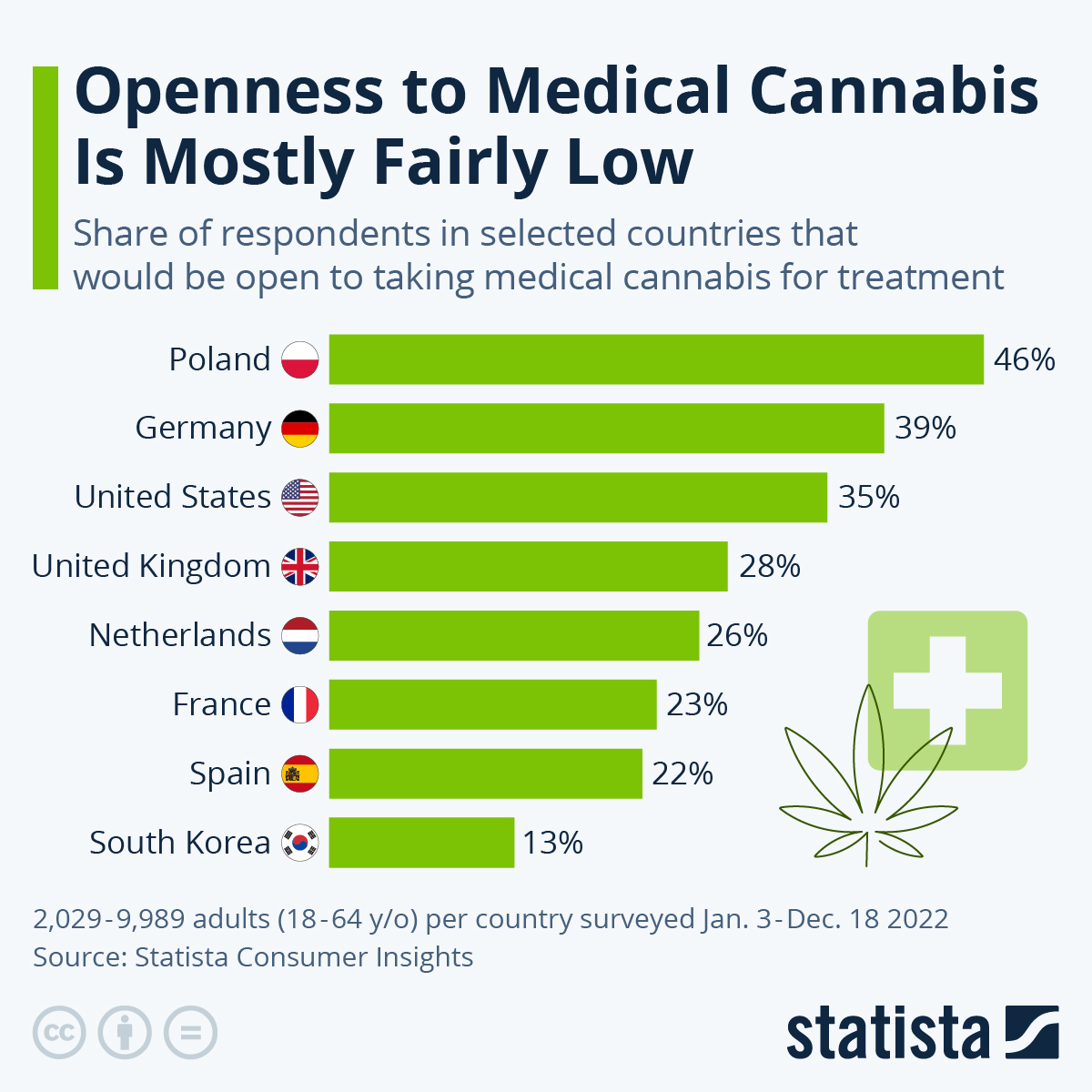Industry analysts Prohibition Partners estimate that 100,000 new patients were able to access medical cannabis in Europe in 2022, bringing the region’s total number of medical users to around 342,000. This figure is expected to surpass 500,000 in 2023, as more countries introduce access to legalized medical cannabis and existing markets mature.
According to the researchers’ latest report, in 2022, the Spanish government legalized the use of medical cannabis for select conditions through the country’s public health system, while in Ukraine, the Minister of Health said he intends to legalize cannabis for medical purposes as part of the country’s efforts to treat trauma from the war. The trend is also being seen in Latin America, with Costa Rica and Panama having adopted medical cannabis laws for the first time, while in Asia, Malaysia’s Ministry of Health stated its intention to legalize the medical drug.
Medical cannabis is sometimes prescribed to people to ease the symptoms of certain medical conditions. According to the NHS, in the United Kingdom it is currently only prescribed to children and adults with rare, severe forms of epilepsy, to adults with vomiting or nausea caused by chemotherapy, and by people with muscle stiffness and spasms caused by multiple sclerosis (MS). In terms of medical side effects, experts say that abuse of the drug can increase the risk of psychosis and anxiety.
Despite the drug’s ability to relieve pain and improve quality of life, access remains limited for many, as bureaucratic barriers and laws mean it can be difficult to get a hold of. Stigma remains around the topic in many countries, particularly since the United States’ war on drugs campaign in the 70s, with perceptions slow to change.
Both cultural and individuals’ views around the use of medical cannabis vary from country to country. As our chart shows, pulling from Statista’s Consumer Insight survey, in Spain and France, only 22 and 23 percent of respondents, respectively, said they would be open to trying the medical version of the drug. This is even lower in South Korea, where only 13 percent would consider using it.
Germany and Poland are among the more receptive of the polled countries, at 39 percent and 46 percent. In Germany, the topic has been in the public eye of late, as the country is currently looking whether to fully legalize cannabis for adults, including recreationally, with plans to have a draft cannabis law drawn up by the end of 2023. Medical marajuana has been legal in the country since 2017 for seriously ill patients.
Susanne Casper, CEO of the pharmaceutical company Linnea SA, tells the writers of the report that as recreational marajuana becomes legalized in more countries, it will be important that it does not wipe out the medical marajuana market, which has high standards for regulations in terms of reliable potency and dosing, and offers the benefit that it can usually be partially covered by health insurance, benefiting patients.
You will find more infographics at Statista






































